
Building a great fitness app is only half the job. The other half is making sure people know it exists, understand its value, and actually download and use it. MyFitnessPal became one of the most popular health apps not just because of its features, but also because of smart marketing strategies that reached millions of users worldwide. If you're creating an app like MyFitnessPal, implementing a solid marketing plan is essential to stand out in the crowded health and fitness app market.
If you're building a fitness or wellness app, learning from MyFitnessPal’s success can help you create an effective plan to promote your app, gain users, and keep them engaged. In this blog, we’ll break down how to market your app for maximum reach in a practical and easy-to-understand way.
Understand Your Target Audience
Know who you’re building for
Before you even start marketing, get clear on who your app is for. MyFitnessPal appeals to a wide range of users—people trying to lose weight, track calories, build muscle, or just stay healthy. Your app may target a niche audience like runners, new moms, or people with specific health conditions.
What problems does your app solve?
Who will benefit most from your app?
Where do they hang out online?
Knowing your audience helps you tailor your messages and choose the right platforms to reach them.
Build user personas
Create simple profiles of your ideal users. Include their age, lifestyle, fitness goals, and challenges. These personas will guide your content, tone, visuals, and even the features you highlight in promotions.

Create a Strong Brand Identity
Stand out visually
A great logo, clean design, and consistent branding help make your app look trustworthy and professional. From app store listings to social media, every visual element should reflect your brand’s personality and purpose.
Use a relatable tone
Talk to your users like a friend, not a robot. Whether your brand is fun and energetic or calm and informative, make sure your messaging feels real and connects emotionally.
Optimize Your App Store Listings
Craft a great app title and description
The first place most users see your app is in the app store. Use a name that’s simple and easy to remember. Write a clear description that explains what the app does and how it helps. Use keywords that people might type when searching for fitness apps.
Use high-quality screenshots and demo videos
Show what the app looks like and how it works. Focus on user benefits, not just features. If someone can understand your app in a few seconds, you’re more likely to get a download.
Encourage reviews and ratings
Positive reviews boost your app’s credibility and help it rank higher. Ask happy users to leave a rating, and respond to feedback to show you care.
Read More: Custom Healthcare Software Development Solutions
Leverage Social Media and Content Marketing
Choose the right platforms
Not every app needs to be everywhere. If your audience is younger, platforms like Instagram and TikTok are great. For health professionals and communities, Facebook and LinkedIn can be more effective.
Share useful content
Don’t just talk about your app. Share workout tips, meal ideas, health challenges, and motivational quotes. MyFitnessPal built a loyal following by becoming a trusted source of fitness and nutrition advice.
Collaborate with influencers
Partner with fitness bloggers, trainers, or YouTube creators to promote your app. Choose people who align with your values and have genuine followers who trust their advice.
Run Paid Advertising Campaigns
Start with small budgets
Platforms like Facebook, Instagram, and Google Ads allow you to run highly targeted campaigns even with limited funds. Test different ads to see what works best.
Highlight value in your ads
Focus on the outcome users want—losing weight, eating better, and getting stronger. Use short videos or carousels that show how easy and helpful your app is.
Use retargeting
Most people won’t download your app the first time they see it. Retargeting shows your ads to people who visited your site or clicked your ad before, increasing the chances they’ll come back.
Build a Website or Landing Page
Create a space outside the app store
A website or landing page gives people more information about your app and lets you collect email addresses for future promotions.
Share features, testimonials, and updates
Offer a free guide or fitness plan to get people to sign up
Link directly to the app store download pages
Use SEO to attract organic traffic
Write blog posts on health and fitness topics that your target users are searching for. This helps bring in visitors who are already interested in what you offer.
Focus on Retention, Not Just Downloads
Use push notifications wisely
Send helpful reminders, motivational messages, and alerts when users reach milestones. Don’t overdo it or you’ll risk being muted or uninstalled.
Run in-app challenges or rewards
Keep users coming back by offering badges, weekly challenges, or goal-setting tools. The more engaged your users are, the more likely they are to recommend your app.
Collect feedback and improve
Ask users what they like and what’s missing. Use this feedback to improve features and show that you care about their experience.

Conclusion
Marketing an app like MyFitnessPal requires more than just promoting features. It’s about understanding your audience, solving real problems, building trust, and creating a user experience that people love. From crafting strong app store listings and using social media wisely to running ads and keeping users engaged, every step of your strategy should focus on long-term growth.
If you’re planning to create and market a fitness app, working with an experienced on-demand app development company can make the process smoother and more successful. They can help you build an app that performs well and supports your marketing goals from day one.
FAQs
What’s the best way to promote a fitness app with a small budget?
Start by building an active presence on social media, creating helpful content, and optimizing your app store listing. You can also run small ad campaigns on Facebook or Instagram to test what works.
How do I know if my marketing is working?
Track key metrics like downloads, active users, app store rankings, website visits, and user feedback. These numbers will show you what’s working and what needs improvement.
How important are influencers for promoting my app?
Influencers can help build trust and visibility, especially in health and fitness niches. Start with micro-influencers who have strong engagement in your target audience.
Do I need a website if my app is in the app store?
Yes. A website or landing page gives you a place to explain more about your app, share content, and build an email list for future promotions.
What’s the biggest mistake to avoid when marketing a fitness app?
Focusing only on downloads without thinking about retention. It’s better to have fewer loyal users than thousands of inactive ones. Make sure your app is valuable and keeps users coming back.

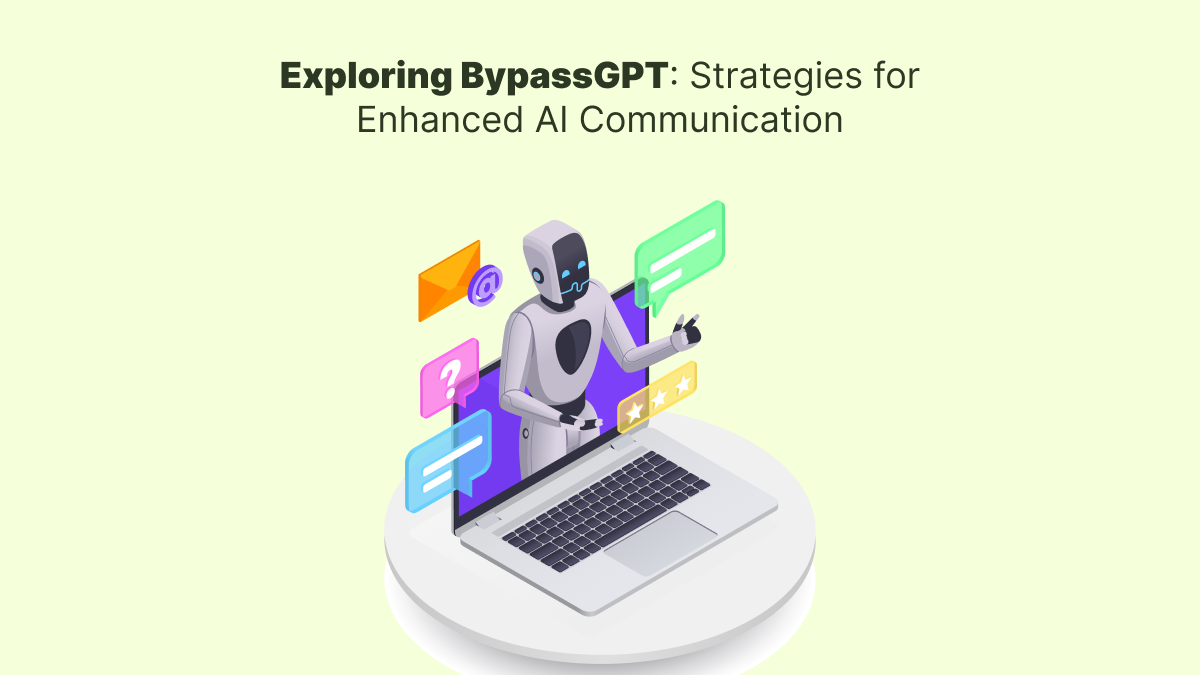
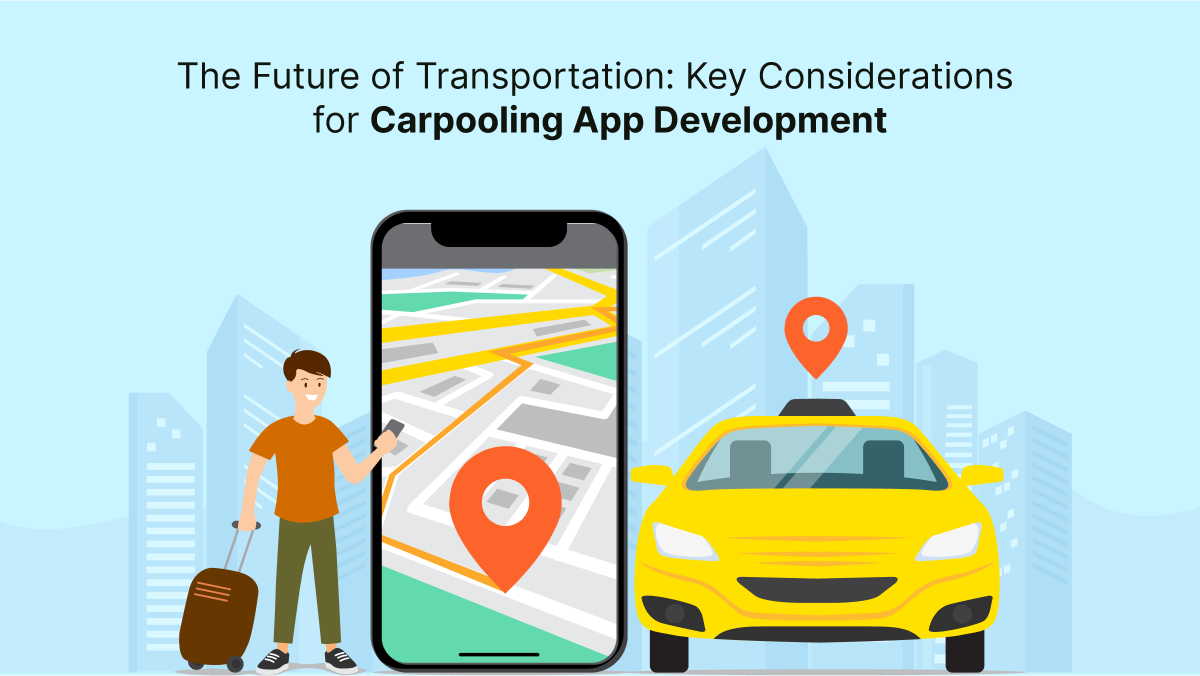
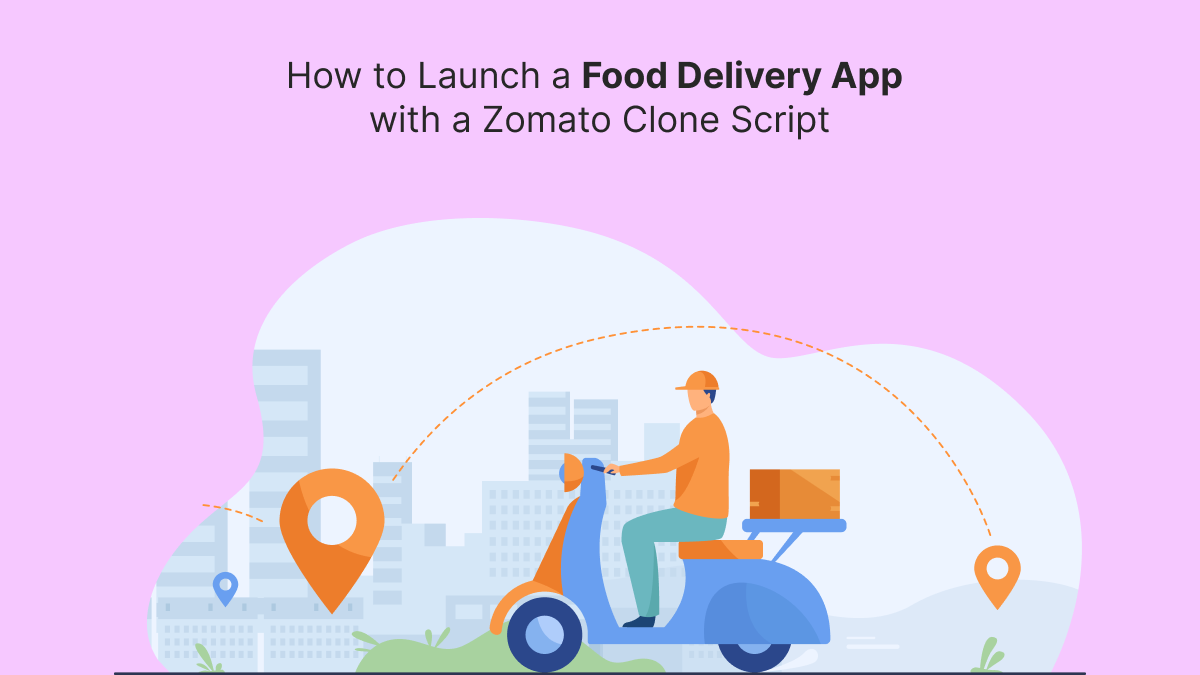
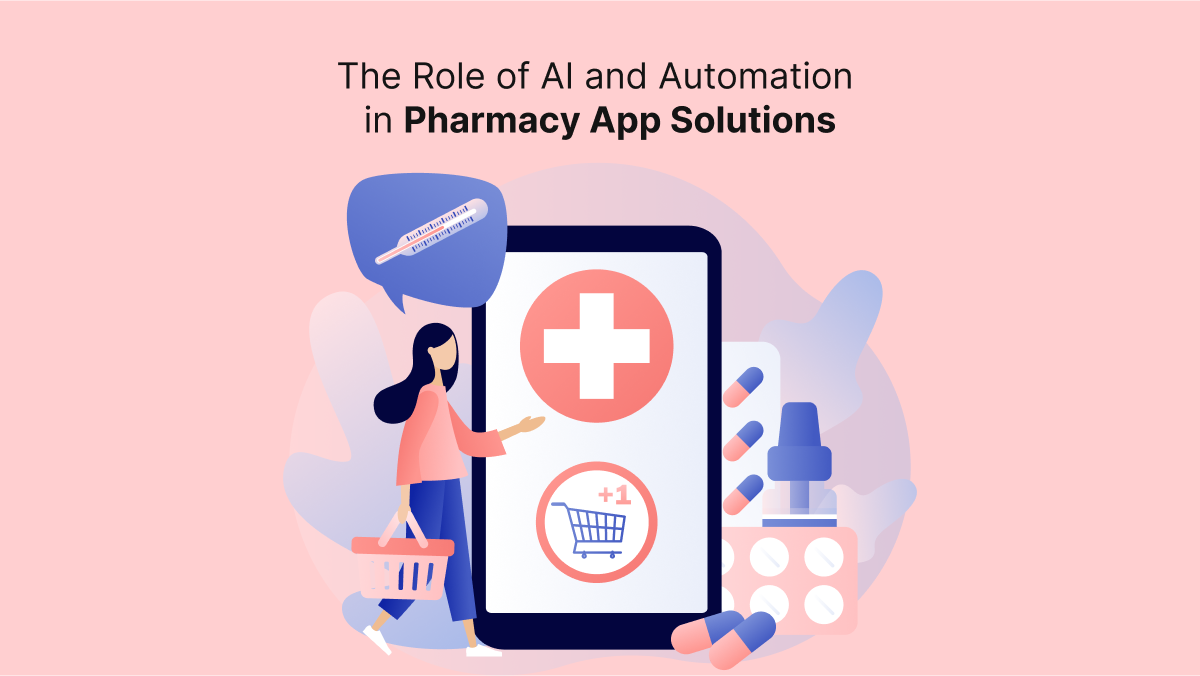
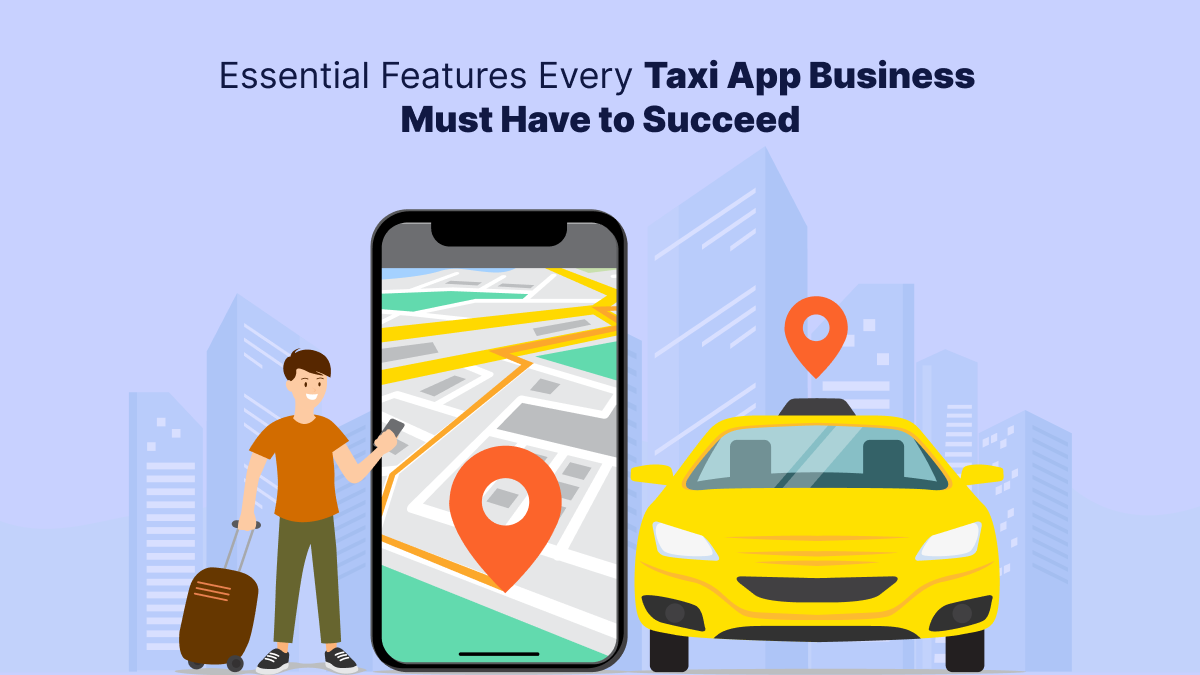



Write a comment ...